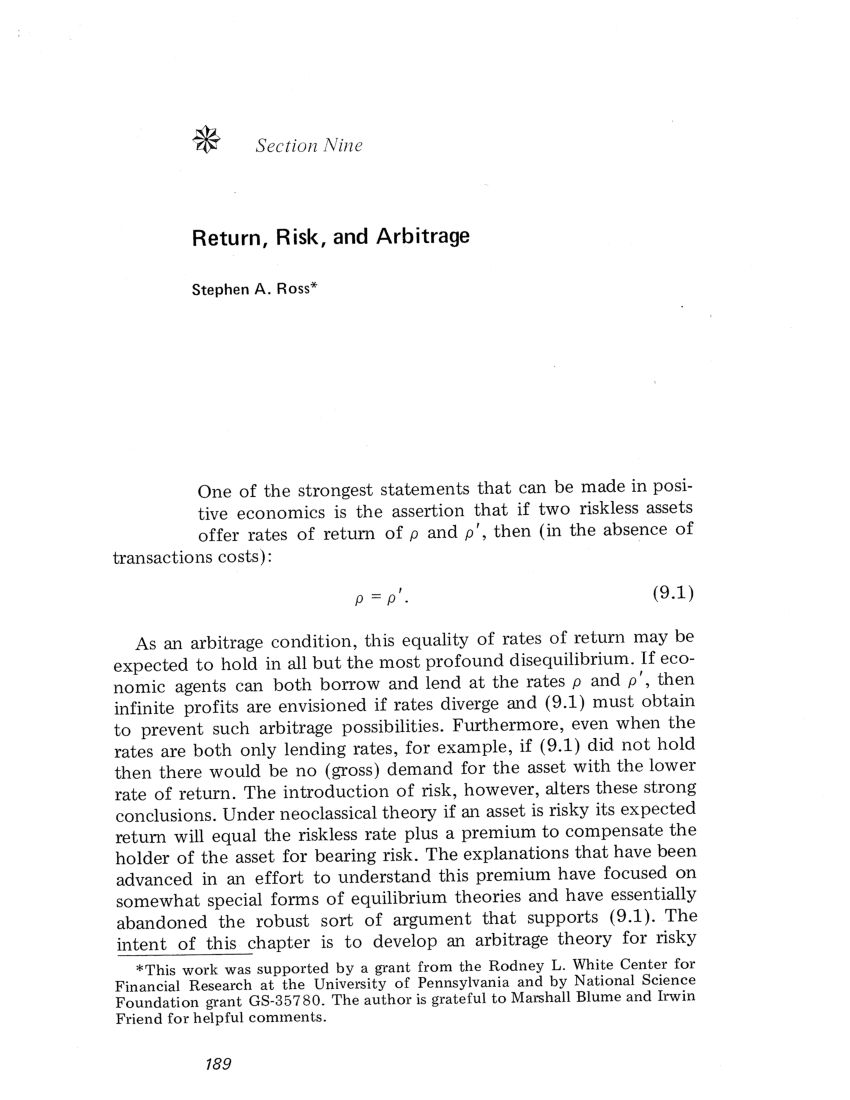Risk Arbitrage What it is How it Works Criticism

Risk Arbitrage, also known as merger arbitrage, is an investment strategy to profit from the narrowing of the trading price gap between a target’s stock and the acquirer’s valuation in a takeover deal. This involves buying the target’s shares and selling short the acquirer’s shares, making it profitable if the deal goes through, but resulting in losses if it doesn’t.
Key Takeaways:
– Risk arbitrage is an investment strategy used during takeover deals to profit from the trading price difference between a target’s stock and the acquirer’s valuation.
– After an acquiring company announces its intention to buy the target, the acquirer’s stock price typically declines while the target’s stock price generally rises.
– In an all-stock offer, a risk arbitrage investor would buy the target’s shares and short sell the acquirer’s shares.
– The risk lies in the potential failure of the takeover deal, leading to losses.
Understanding Risk Arbitrage:
When a merger and acquisition deal is announced, the target’s stock price moves towards the valuation set by the acquirer. The transaction can be financed with all cash, all stock, or a combination of both.
– In an all-cash offer, the target’s stock price will trade near or at the acquirer’s valuation price. Sometimes, the target’s stock price may exceed the offer price due to market expectations of a higher bidder or dissatisfaction with the cash offer.
– In most cases, there is a spread between the target’s trading price after the deal announcement and the buyer’s offer price. This spread occurs when the market believes the deal may not close at the offer price or may not close at all. Some argue that this is not true risk arbitrage, as the investor is simply betting on the target stock rising towards or meeting the all-cash offer price.
Risk Arbitrage and All-Stock Offers:
An all-stock offer involves the acquirer offering a fixed ratio of its shares in exchange for the target’s outstanding shares. In this scenario:
– The acquirer’s stock price typically declines, while the target’s stock price generally rises.
– The target’s stock price often stays below the announced acquisition valuation.
– A risk arbitrage investor, known as a "risk arb," buys the target’s shares and short sells the acquirer’s shares. If the deal is completed, the target’s stock will be converted into the acquirer’s stock, allowing the risk arb to cover their short position. Similar mechanics apply to deals involving cash and stock.
Risk arbitrage can also involve options, where the investor purchases the target’s stock and put options on the acquirer’s stock.
Criticism of Risk Arbitrage:
Risk arbitrage exposes investors to the risk of deal cancellation or rejection by regulators. The deal may be called off due to factors such as financial instability or unfavorable tax situations. If the deal falls through, the target’s stock price will often drop, while the potential acquirer’s stock price rises. This leads to losses for investors who are long the target’s shares and short the acquirer’s shares.



